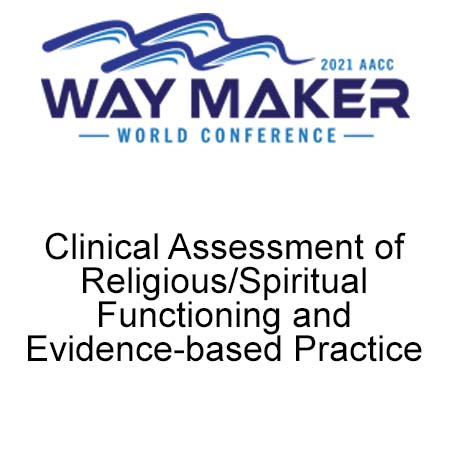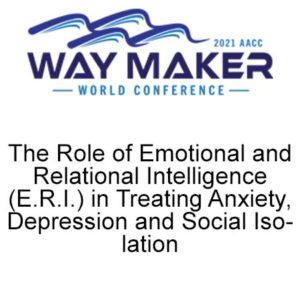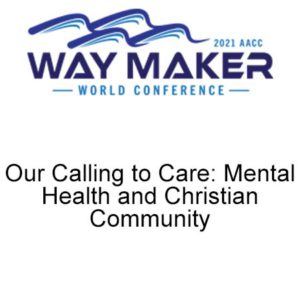Description
313: Clinical Assessment of Religious/Spiritual Functioning and Evidence-based Practice
William Hathaway, Ph.D.
Regent University CRB 174
1000 Regent University Dr.
Virginia Beach, VA 23464
Summary
This presentation examines the implications of the function and uses of assessment in evidence-based practice (EBP) for clinical engagement with religion and spirituality. In EBP, assessment is utilized for diagnosis, treatment planning and monitoring, outcome assessment, and even a contributor. A range of assessment techniques, approaches, and tools are put to these diverse purposes. The state of religious/spiritual assessment approaches, tools, and measures is discussed. Apart from some sporadic exceptions, most clinical assessment of religious/spiritual functioning has been poorly aligned with the EBP approaches. In EBP, intentional and research-based approaches to assessment inform the evaluation strategies and tools that are used and the manner of their use in practice. Issues of reliability, incremental validity, sensitivity, specificity, and clinical utility are key considerations in assessing the EBP approach. While the resurgence in the psychology of religion and spirituality has been precipitated over the last half-century by a promulgation of many measures of religion and spirituality, most of these have been developed in ways that have little use for EBP. In addition, a growing concern of having ecologically valid EBP measures when applied to diverse client populations has relevance to this discussion. Research by Watson and others reflect that challenge of the “ideological surround” that may introduce inaccuracies and biases that undercut the validity of many scales when applied to some religious communities. A review of existing measures and approaches that appear to have some potential for Christian integrative EBP assessments is offered. A case example using the Faith Situations Questionnaire, developed by the author to specifically align with EBP assessment practices and purposes, is provided. A Christian rationale for the development, use, and promulgation of EBP assessments is offered, along with recommendations about how to advance work in this area.
Learning Objectives
Participants will:
• Evaluate the various functions of, and approaches to, assessment in EBP
• Examine the degree of alignment between current measures of psychological and religious functioning and EBP assessment
• Apply some existing clinical assessment tools for psychologists and licensed mental health professionals in religious/spiritual functioning for Christian integrative EBP





